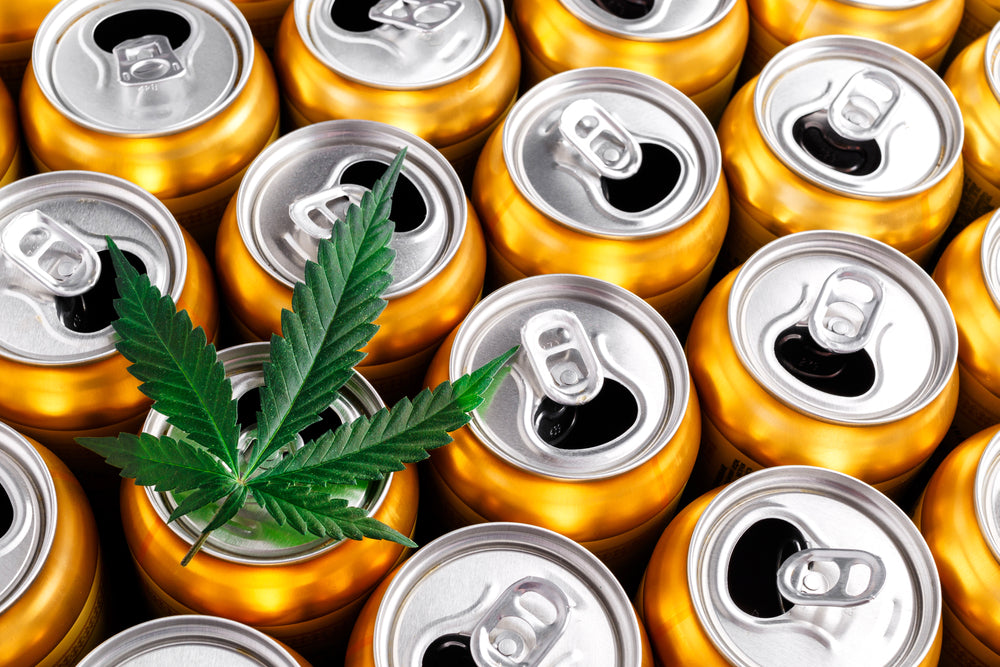Cannabis Researchers Say it’s High Time to Drop ‘Lazy Stoner’ Stereotype
Cannabis legalization is still an ongoing debate worldwide. However, it remains one of the most preferred drugs, legal or illegal. There have been a lot of beliefs about the effects of marijuana consumption, some true, others not. One commonly held belief is that the substance causes apathy and anhedonia, a condition known as “lazy stoner.” How true is this? Recent research shows that this is not true. Below is an excerpt debunking the “lazy stoner” stereotype using credible research.
Origins of the “Lazy Stoner” Stereotype
There are many origins of the “lazy stoner” stereotypes. One of the earliest proponents was the inaugural administrator of the Federal Bureau of Narcotics (FDN), Harry Anslinger, in the 1930s. Back then, cannabis was popular among Mexican immigrants in the USA but was also widely used in the USA. Harry coined the word “marihuana,” stating its use among the immigrants was the cause of violent crimes in the country. He also asserted that cannabis users were a slave to the drug and were in a mental asylum. His theories would be planted in the media and US parliament and were used to drive racist agendas at the time. Harry Anslinger would later develop other propositions, such as the drug made its users violent, sex-crazed maniacs, and mindless-unambitious zombies.
The Nixon administration would later infuse the “lazy stoner” stereotype after declaring cannabis a Schedule I substance. The president tasked a commission to investigate the social and medical uses of cannabis. The commission disappointed the president by recommending that the drug is safe and should not be criminalized. This did not reduce The Senate’s zeal to criminalize the substance. It formed a subcommittee that presented a one-sided report stating that cannabis causes brain damage, immunity impairness, homosexuality, and laziness. A central theory in the report was what the senators referred to as “amotivational syndrome” a stupefied-zombielike behavior observed among marijuana users, particularly hippies.
What Does Research Say?
Does weed make you lazy? Well, several research papers in the recent past have debunked the “lazy stoner” stereotype. A 2024 study in The International Journal of Neuropsychopharmacology investigated whether cannabis use can be associated with anhedonia, pleasure, apathy, and effort-based decision-making. The research had 274 participants, and the results were quite interesting. They showed that cannabis users had lower anhedonia and apathy levels compared to the controls. Therefore, cannabis users were likely to be more productive compared to people who did not consume the substance. The paper also concluded that cannabis use is not related to behavioral changes such as a reduced need for money, food, and music.
Another 2024 cannabis research published in the Social Psychological and Personality Science Journal aimed to investigate whether cannabis use affected the emotional, self-regulatory, and motivational state of users. The study found little evidence to prove that people who are high at the moment feel apathetic and unmotivated. Researchers found out that cannabis use did not predispose users to reduced mental effort. The study took a step further to investigate whether people who get high frequently feel apathetic and unmotivated. The results were that frequent cannabis users could, at times, be more motivated than the ones who do not use the substance frequently. According to the research, cannabis did not affect conscientiousness, willpower, and industriousness.
The Future of Cannabis Consumption
The research is evident; cannabis use does not cause amotivation, apathy, anhedonia, or laziness. It will take time to break these myths and stereotypes since they are heavily inculcated in most societies. However, the 21st century has led to the rise of the cannabis culture, with the drug being a subject in music videos, movies, and even political rallies. Cannabis news today also paints a positive picture of the substance.
In-depth research into cannabis has helped people and governments realize the benefits of cannabis. For example, as a medical drug, it helps reduce pain, anxiety, inflammation, and blood pressure. As a recreational drug, cannabis causes euphoria and relaxation. So, where does the buck fall? With many states legalizing cannabis consumption in the USA, the pattern is likely to continue over time. There needs to be proper legislation to ensure users do not consume colossal amounts of the substance and that it is not available to underage kids.
Harry Anslinger and Richard Nixon successfully coined the “lazy stoner” stereotype that led to negative perceptions about marijuana consumption for decades. It is sad that it has taken this long to realize the racist agendas behind these stereotypes. Nevertheless, the research on the subject helps forge a new path regarding how people perceive cannabis consumers and the legalization of cannabis.



